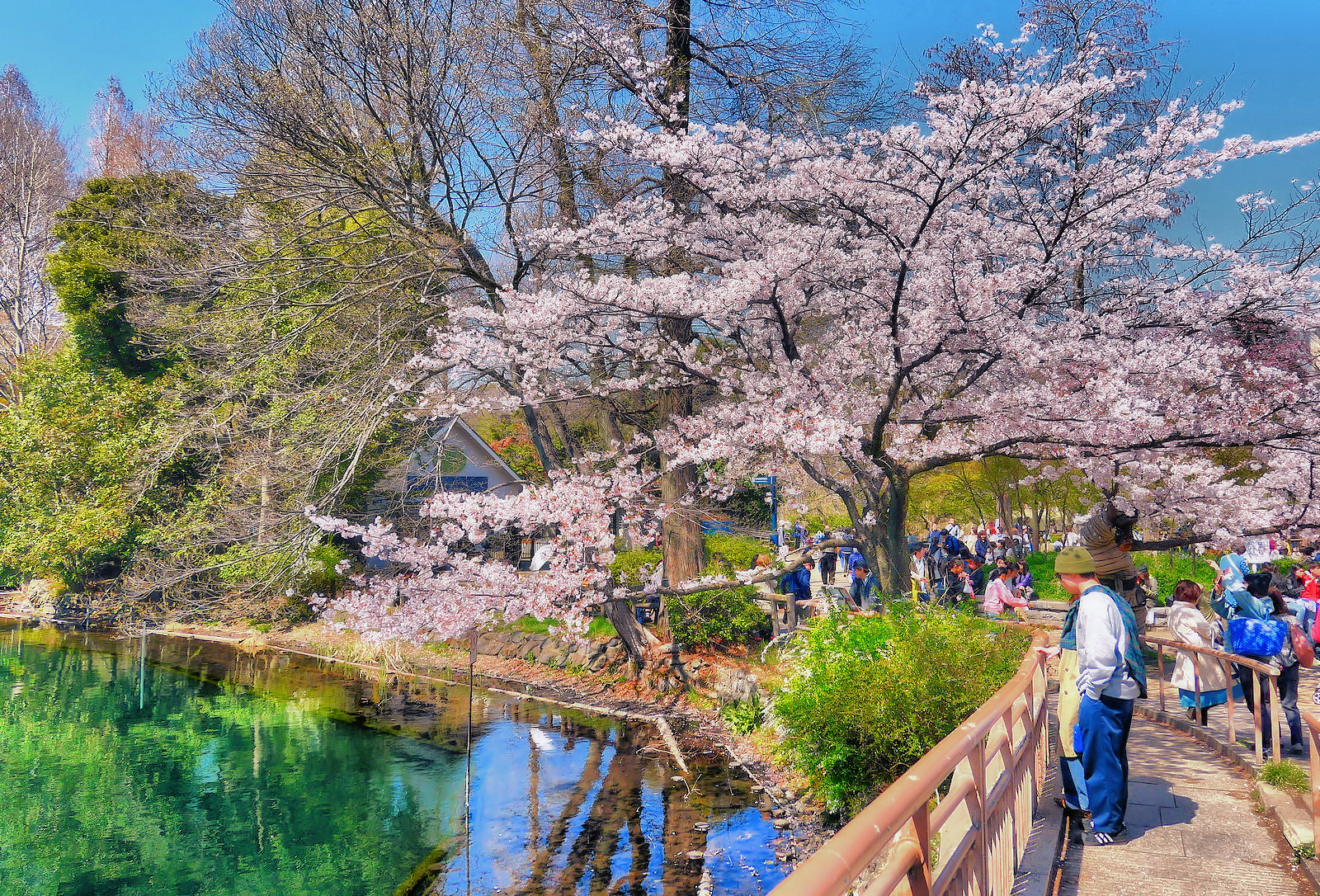Before Japanese baseball players such as Ichiro Suzuki, Hideki Matsui, Hideo Nomo played in America for Major League Baseball, there was Masanori Murakami. In 1964, sent to the United Sates by the Nante Hawks, Masanori Murakami became the first baseball player in Japan to play for the MLB.
The story of Masanori “Mashi” Murakami is no doubt inspiring and also heartbreaking. In 1964, Murakami became the first Japanese baseball player to play for a Major League Baseball team.
The pitcher who played for the Nankai Hawks of the Pacific League was among the three “exchange students” from Japan that were sent to Fresno, California to play for the San Francisco Giants single-A team.
While the others came back to Japan, Masanori was never called back and he lived and played in Fresno for the entire season.
But in August, the exchange student from Japan was promoted months later to the majors and in September 1964, became the first Japanese player in the major leagues and did very well for the team as a reliever.
But Masanori Murakami was welcomed in the U.S. by his teammates. Even his debut at Shea Stadium against the New York Mets, he was given an ovation.
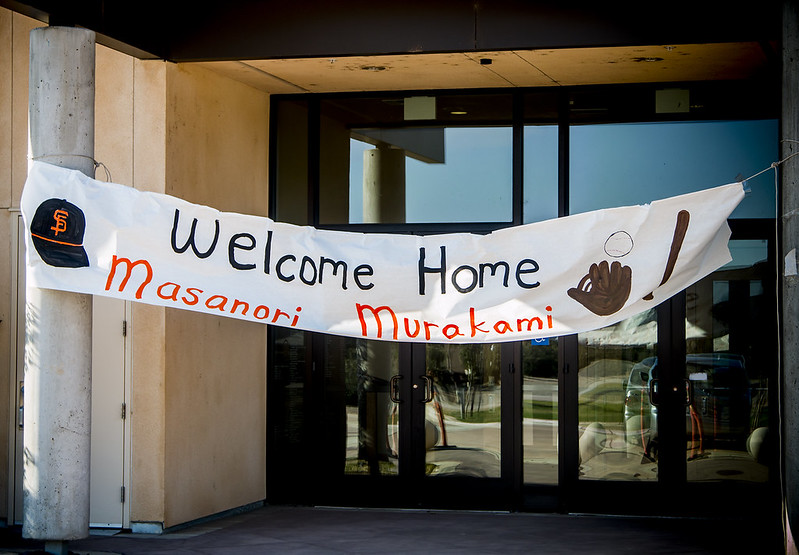
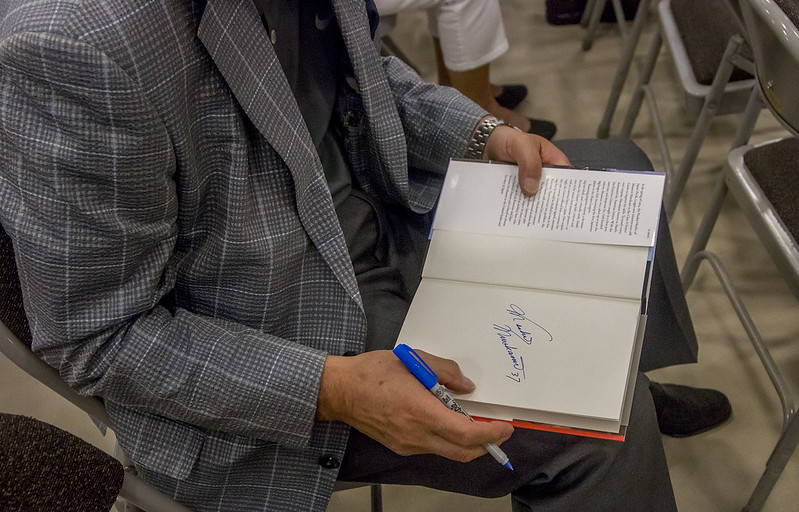
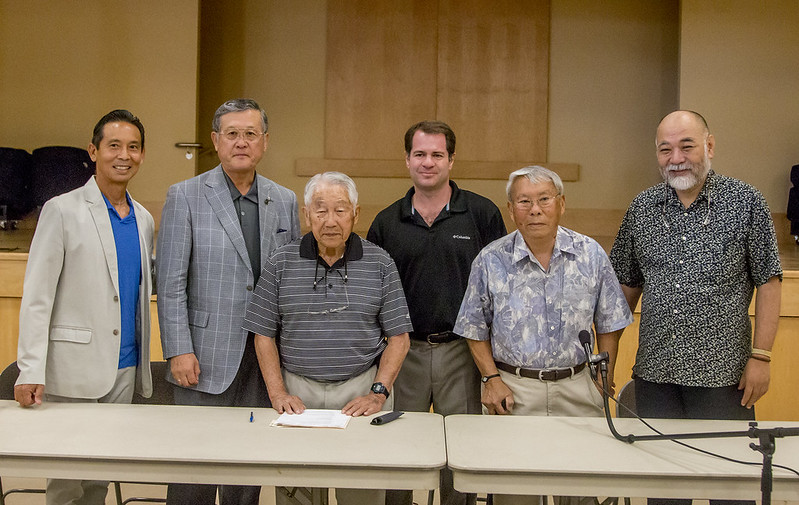
Photo from L-R: Author Kerry Yo Nakagawa, The first Japanese Major Leagure – SF Giants (1964-1965) + Nankai Hawks (1963, 1966-1974), Hanshin Tigers (1975) and Nippon Ham Fighters (1976-1982) Masanori Murakami, Hiroshima Carp Satoshi “Fibber” Hirayama, author Robert K. Fitts, Hiroshima Carp (1953) Kenso Zenimura and Reverend Kakei Nakagawa, Rinban. Photo by Dennis A. Amith
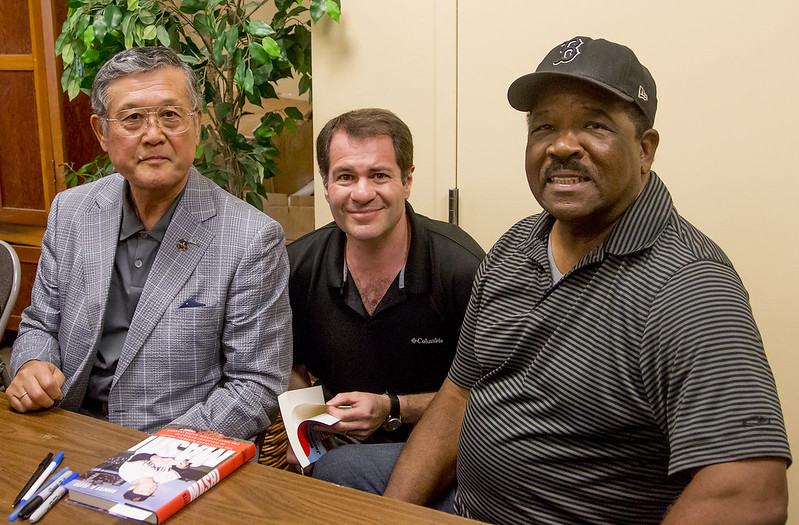
Masanori Murakami, author Robert K. Fitts and former LA Dodger, Pittsburg Pirates and Lotte Orions (also the first MLB player to move to Japan and marry a Japanese woman) Leron Lee. Photo by Dennis A. Amith
Impressing the San Francisco Giants, despite the order by the Nante Hawks to have Murakami return back to Japan, the Giants refused the order which led to an argument between the U.S. and Japanese baseball team.
In order to create a compromise, Japanese baseball commissioner Yushi Ichimura said that Murakami would return to the Hawks after he had played for another full season with the San Francisco Giants.
Honoring his promise to return back to Japan, despite wanting to badly stay and play in America, Murakami would return back to Japan after being told by the Hawks that he must stay in Japan.
And no matter how much he desired to play in America, Hawks’ president Shigeru Niiyama made sure that would never happen but also, it was a respect factor between Masanori Murakami and Nankai Hawks manager, Tsuruoka and the promise between them the two, with Tsuruoka giving Masanori a chance to play in America as promised, but now Masanori having to honor his part of his obligation of coming back.
But it was the Working Agreement between the MLB and Japan that would force the MLB to honor Japan’s reserve clause and contract.
What people thought would happen, was more Japanese players coming to America, saw its door close and no Japanese player would be allowed to play in the MLB until 1995 with Hideo Nomo, who desperately wanted to play in the United States. And to make that happen, the Working Agreement contract would allow for a loophole, giving Nomo a way out of Japanese baseball to play for the MLB.
While Masanori Murakami would help the Nante Hawks win a league championship in 1973 and later with the Nippon Ham Fighters in 1981,the decision to honor his promise and return back to
Japan has haunted Murakami for the rest of his life.
The path of playing baseball in Japan, to playing America and playing in Japan again, was not the easiest transition for Murakami, as the media portrayed the pitcher in a negative light. Also, Murakami had to deal with a number of setbacks in his professional baseball career.
But along those difficult times, there have been positive as well as Masanori has become a goodwill ambassador for building US-Japan relations.
But still, even today, Masanori who enjoyed playing Major League Baseball, often ponders on the “what if?”.
Seeing how numerous baseball players have followed Nomo to the MLB and a few who have had success in the United States, Masanori still wonders about the “what if?”.
And his life of trials and tribulations is the subject of author Robert K. Fitts’ latest book titled “Mashi: The Unfulfilled Baseball Dreams of Masanori Murakami, the First Japanese Major Leaguer”.
Fitts, one of the well-known writers when it comes to books about Japanese baseball players or Americans who have played in Japan, has written books such as “Wally Yonamine: The Man Who Changed Japanese Baseball”, “Banzai Babe Ruth” and “Remembering Japanese Baseball: An Oral History of the Game”.
Both Fitts and Murakami had been on a nationwide tour to promote the book, with many baseball fans lining up to take a picture with Masanori, to get their baseball cards or book signed but to also watch the slideshow as both promoted the book.
With Masanori Murakami beginning his career in Fresno, California, there would be a warm homecoming for the first Japanese MLB player. So, we traveled to Fresno and right in the front was a big banner with “Welcome Home Mashi”.
The event brought out a few of America’s first Nissei players such as Satoshi “Fibber” Hirayama and Kenso Zenimura who played in Japan for the Hiroshima Carp.
Also, former MLB and Lotte Orions slugger, Leron Lee, who told me of a story of how batting against Murakami led to a batting slump.
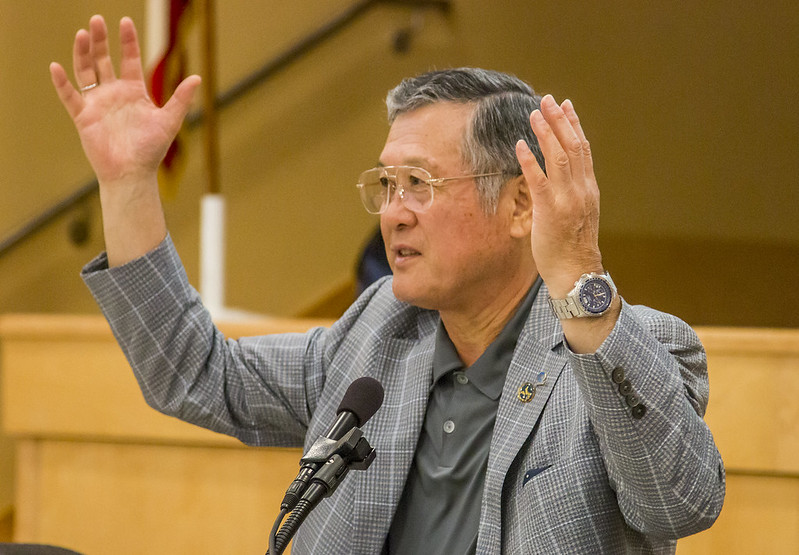
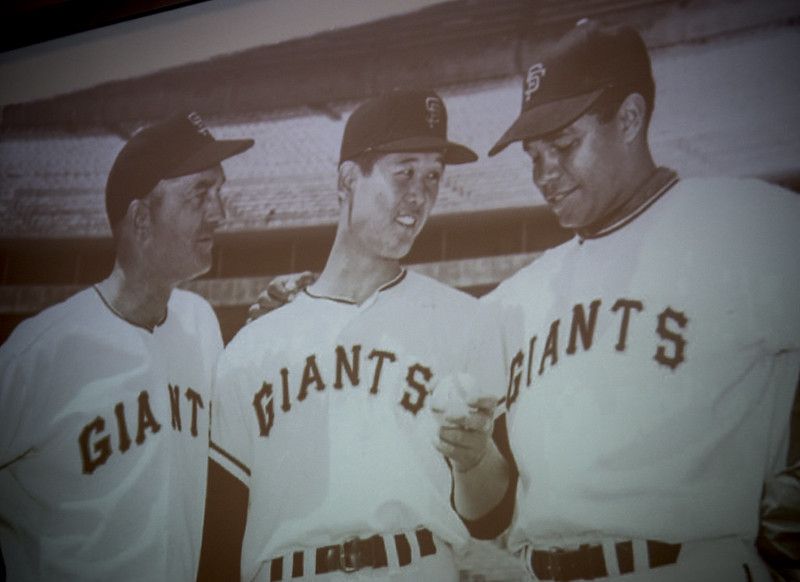
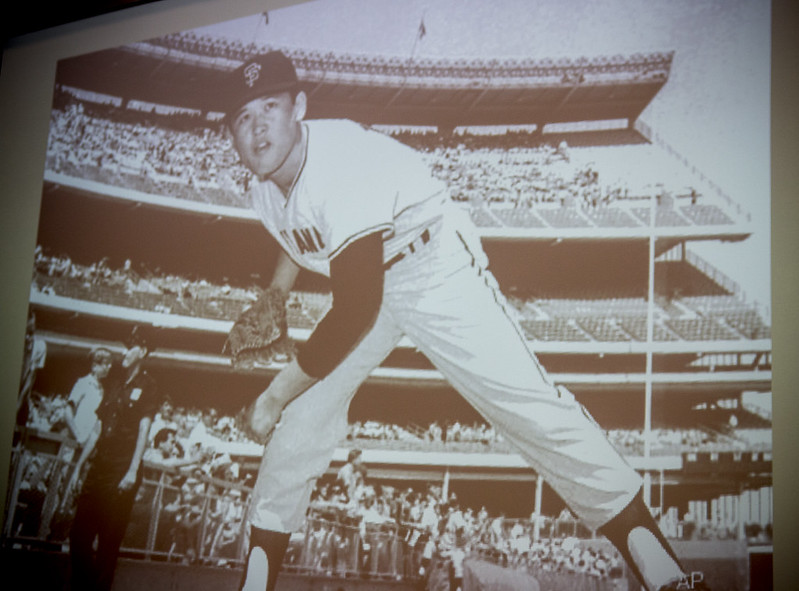
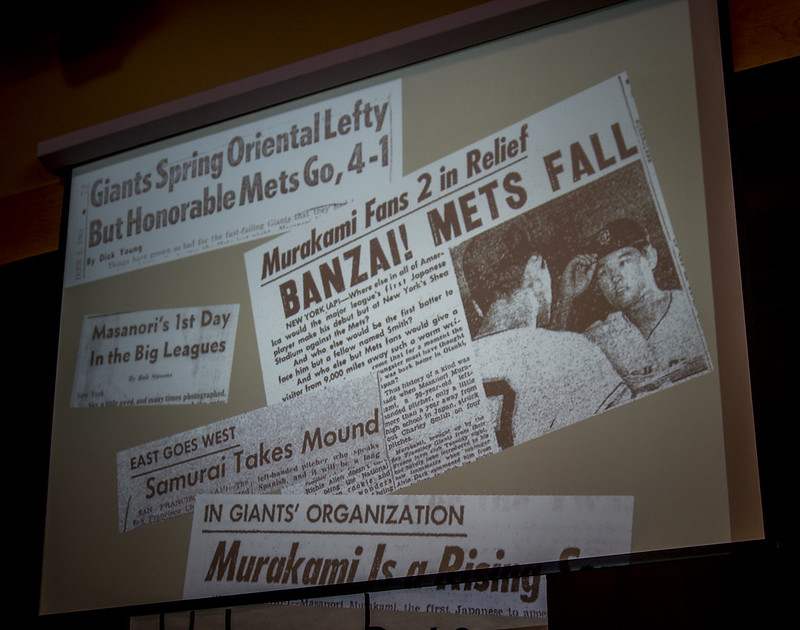
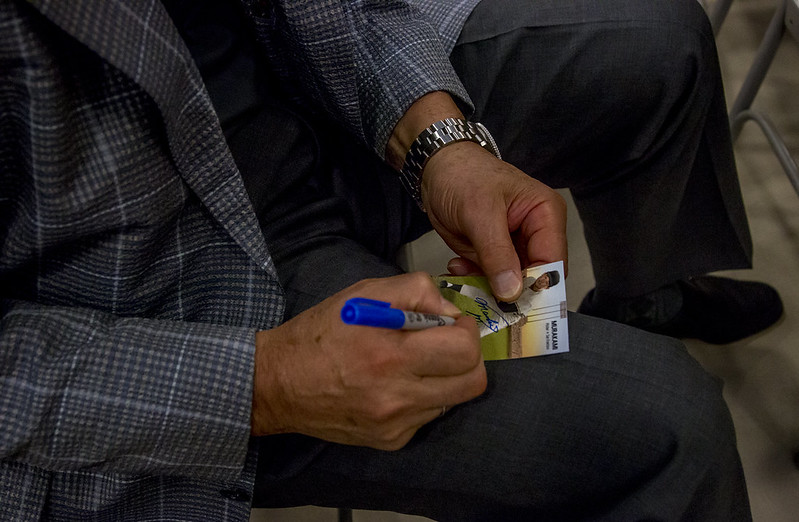
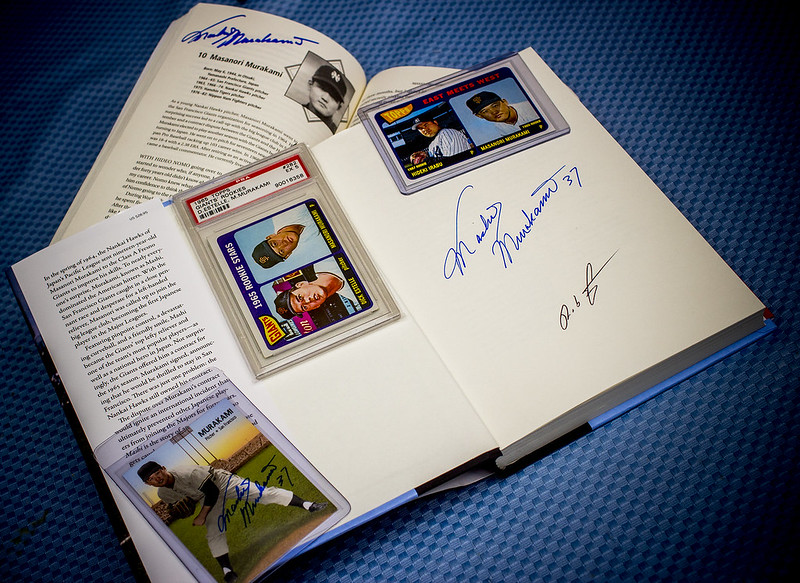
Hosting the event was author and one of the prime historians of Japanese American baseball, Kerry Yo Nakagawa who wrote “Through a Diamond: 100 Years of Japanese American Baseball” and “Japanese American Baseball in California: A History”.
I had asked Masanori Murakami an NPB related question, of whether he enjoyed playing for the Hawks, Hanshin Tigers or Nippon Ham Fighters? He didn’t have to answer at all, his eyes were enough to tell me all that I needed to know.
It’s the time he played for the San Francisco Giants that is strong in his mind, decades later, he is a man that still has deep regret about not being able to play baseball longer in the United States.
Having read “Mashi: The Unfulfilled Baseball Dreams of Masanori Murakami, the First Japanese Major Leaguer”, you get to understand more about Masanori’s thoughts on him playing baseball at a young age, playing pro baseball in Japan, coming to America, going back to Japan, being in a slump and of course, his deep regret.
I tend to look at Masanori Murakami as a pioneer. He was instrumental in giving Americans a chance to see what a Japanese pitcher can bring to American pro baseball and he’ll always be remembered for being the first Japanese baseball player to play in the Major Leagues.
And for his contribution to baseball, I am most grateful for what Masanori Murakami was able to accomplish.
